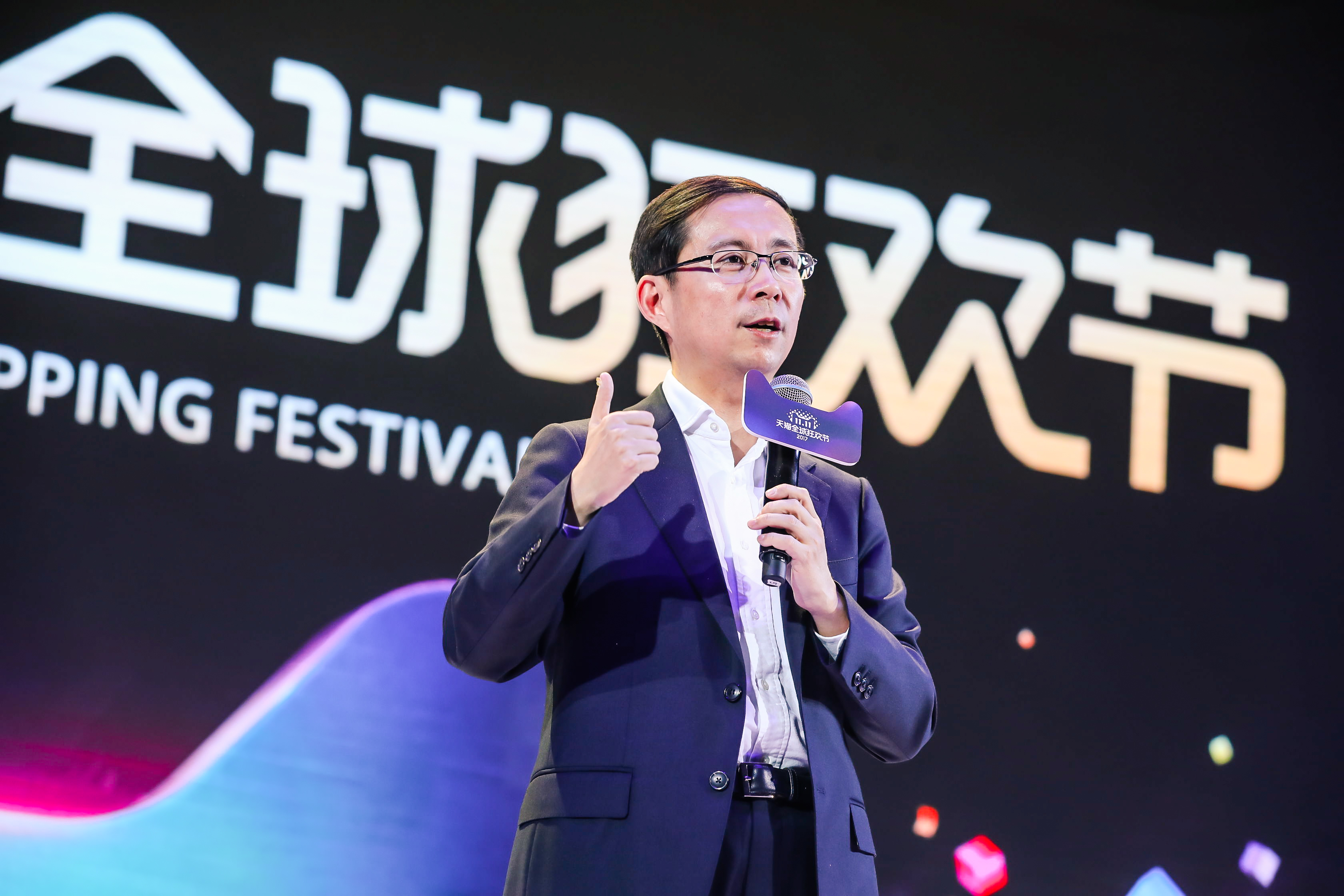After a successful listing in Hong Kong this week, Alibaba Group Holding chief executive Daniel Zhang Yong said he remains focused on the long term and empowering people through technology.
“Today, because of digital technology, we are able to enable people and our merchants to do business in a digital way. We are able to help traditional companies transform themselves into a digital, data-driven company,” Zhang told the South China Morning Post this week. “That was our mission from day one. We have a huge digital infrastructure and we want to use this for good, rather than just build scale.”
Zhang said Alibaba is focused on trying to help its partners transform their entire business – including sales, transactions, product innovation, cloud infrastructure, and supply chain management.
By the end of the annual 24-hour Singles’ Day shopping extravaganza on November 11 this year, the Chinese technology giant reported a record-shattering RMB 268.4 billion (USD 38.4 billion) of sales.
All of this took place with “zero downtime”, thanks to its cloud infrastructure and artificial intelligence (AI) technology, Alibaba Cloud said in a statement following the event.
“Cloud infrastructure is critical to the future of society – in fact, all future businesses will need the cloud to generate and collect data and then analyse that data to create value,” said Zhang. “And this requires computing power and efficiency.”
“Around 544,000 orders per second were processed on our Apsara cloud, which is a public cloud,” added Zhang. “This validates our capabilities and means we can help many other companies with their cloud needs.”
Furthermore, energy consumption at Alibaba’s data center dropped 70% from the previous year, saving more than 200,000 kilowatt hours of energy, according to information provided by the company.
Another new trend at this year’s Singles’ Day was the sharp increase in people using smart assistants – or voice shopping – to buy goods. More than one million orders were placed and processed through voice command using Alibaba’s smart speaker Tmall Genie this year.
“New technologies means that consumer behavior changes – just like the desktop to mobile internet switch,” said Zhang. “Voice shopping is a very important new entry point from the physical world to the digital world and we were very happy to see more and more young consumers use voice shopping through Tmall Genie.”
Zhang indicated that Alibaba was looking at offering its customers more innovative ways to shop by exploring various disruptive technologies.
One of this year’s major trends for e-commerce companies in China, including Alibaba rivals JD.com and Pinduoduo, has been the rise of the rural consumer. Spending by shoppers in the country’s second- and third-tier cities have increased as more Chinese consumers have become affluent.
“Consumer internet penetration in rural areas and communities is very important. In the past year, 70% of our new customers came from lower-tier cities in China,” said Zhang. “Due to lifestyle changes we once again saw consumer buying behavior change.”
Alibaba said Juhuasuan, its e-commerce platform that targets tier-3 cities and below, had 7,000 items that hit over a million orders and 576 items that received over 10 million orders at this year’s Singles’ Day event.
Consumers in China’s lower-tier cities, such as Guilin, Luoyang and Sanya, have showed a higher “willingness to pay” when compared with those in more affluent cities like Xiamen and Zhuhai, as people in smaller Chinese cities increasingly seek an upgrade in their quality of life and experience, according to PwC’s Global Consumer Insights Survey 2019 China Report, issued ahead of this year’s event.
Zhang said it is not just about consumption though.
“We want to help them create new businesses and generate more addressable income,” said Zhang. “For example by helping them sell their agricultural produce to buyers in big cities in a more efficient way using digital technologies.”
In terms of the risks from the current US-China trade tensions, Zhang pointed out that China is the world’s largest consumer market with rapidly improving digital infrastructure. That is something the US will not want to lose access to.
“Trade can make things easy and partners can make things easy,” said Zhang, adding that he hoped the US and China would reach an agreement as that would be good for the world.
“I am very confident about Alibaba’s future though,” said Zhang. “All of our core technologies today are self-developed, such as Apsara, and that is a testament to our digital capabilities.”
Alibaba, which is also listed in New York, is the parent company of the Post.
